
ORNL researchers Valentino Cooper, Howard Wilson and Jiaqiang Yan have been named Fellows of the American Physical Society, a distinction recognizing their outstanding contributions to their fields.

ORNL researchers Valentino Cooper, Howard Wilson and Jiaqiang Yan have been named Fellows of the American Physical Society, a distinction recognizing their outstanding contributions to their fields.
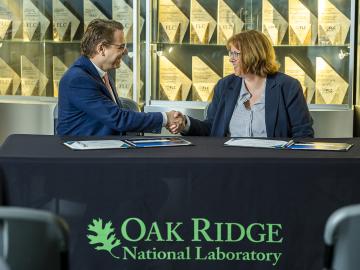
A collection of seven technologies for lithium recovery developed by scientists from ORNL has been licensed to Element3, a Texas-based company focused on extracting lithium from wastewater produced by oil and gas production.
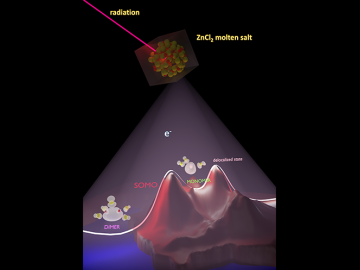
In a finding that helps elucidate how molten salts in advanced nuclear reactors might behave, scientists have shown how electrons interacting with the ions of the molten salt can form three states with different properties.
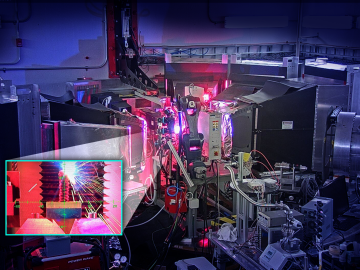
Using neutrons to see the additive manufacturing process at the atomic level, scientists have shown that they can measure strain in a material as it evolves and track how atoms move in response to stress.
When the second collaborative ORNL-Vanderbilt University workshop took place on Sept. 18-19 at ORNL, about 70 researchers and students assembled to share thoughts concerning a broad spectrum of topics.

Using light instead of heat, researchers at ORNL have found a new way to release carbon dioxide, or CO2, from a solvent used in direct air capture, or DAC, to trap this greenhouse gas.
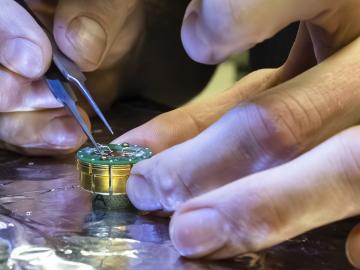
Quantum computers process information using quantum bits, or qubits, based on fragile, short-lived quantum mechanical states.
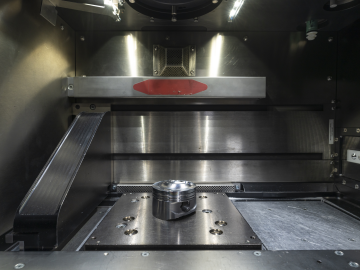
Dean Pierce of ORNL and a research team led by ORNL’s Alex Plotkowski were honored by DOE’s Vehicle Technologies Office for development of novel high-performance alloys that can withstand extreme environments.
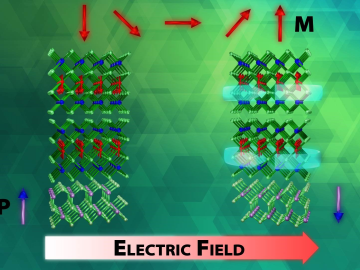
An advance in a topological insulator material — whose interior behaves like an electrical insulator but whose surface behaves like a conductor — could revolutionize the fields of next-generation electronics and quantum computing, according to scientist
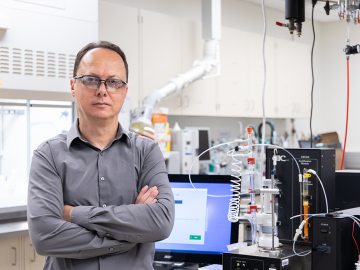
An innovative and sustainable chemistry developed at ORNL for capturing carbon dioxide has been licensed to Holocene, a Knoxville-based startup focused on designing and building plants that remove carbon dioxide

